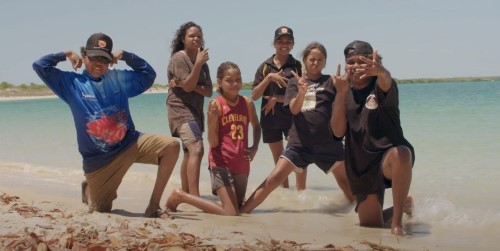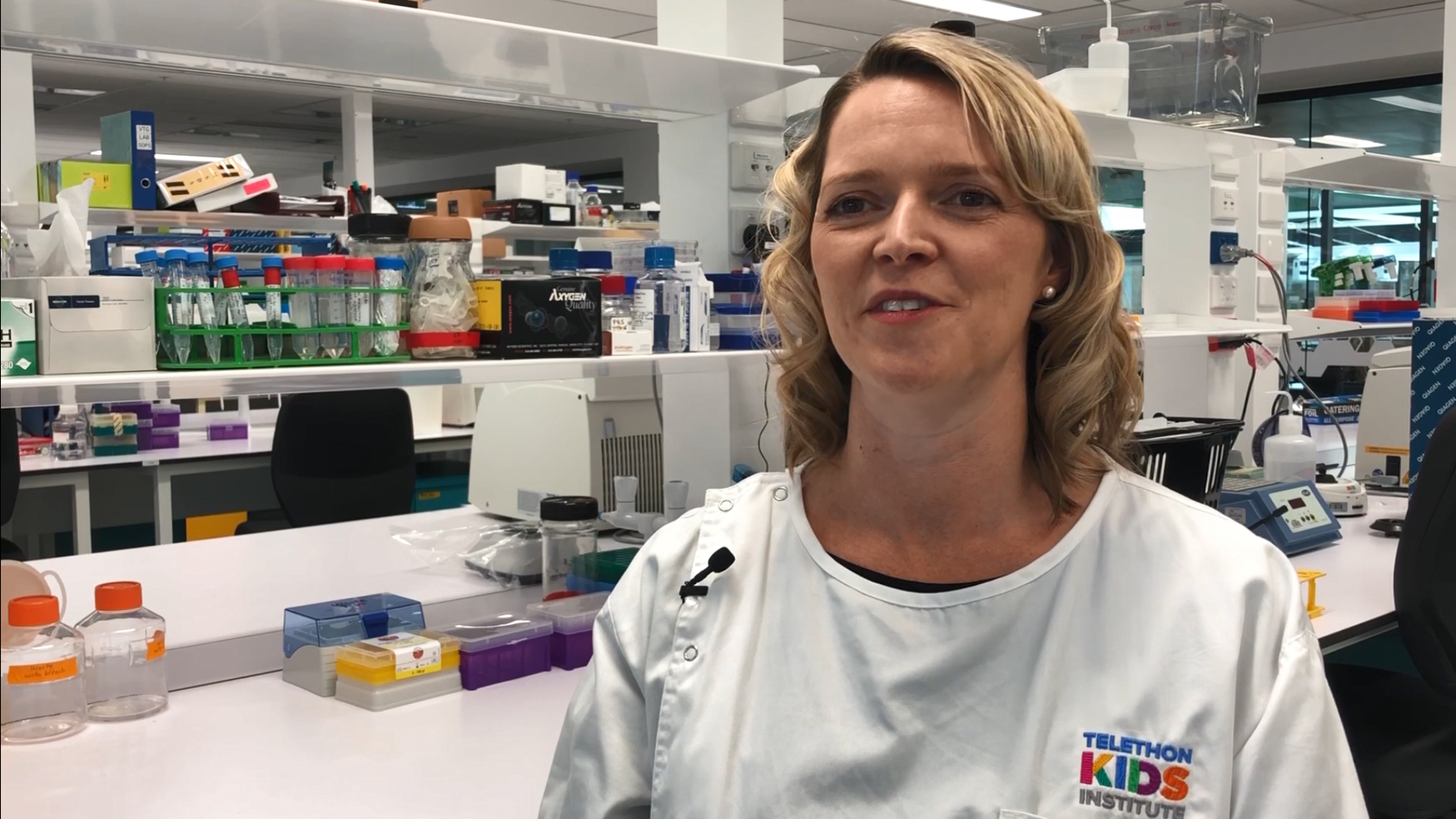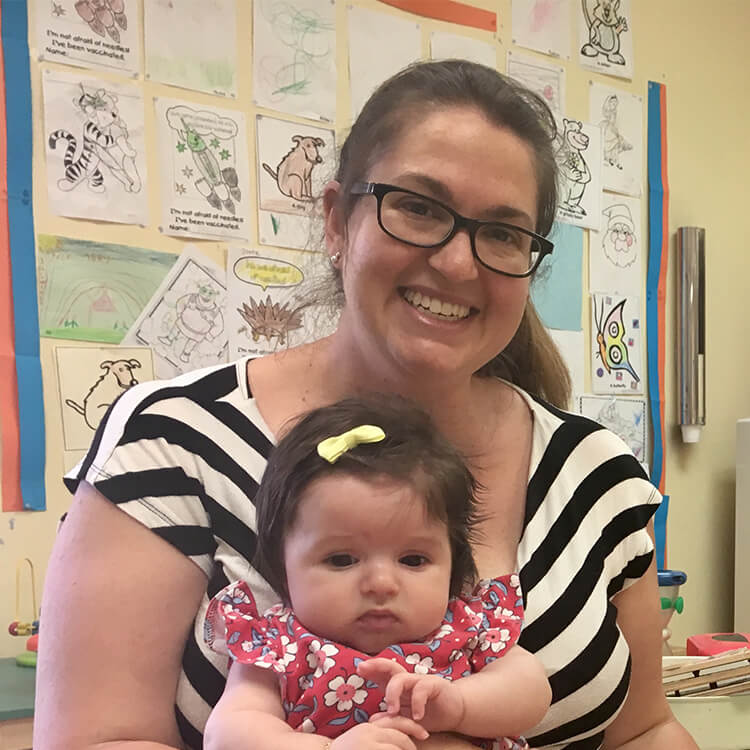Search

News & Events
Important things you should know about this year’s flu seasonNews headlines about the large number of life-threatening cases of the flu in Western Australia this winter have been hard to miss - find out what you can do to protect your family.

News & Events
Kids hip hop to stop painful skin infections in the Kimberley regionThe Kids Research Institute Australia researchers have launched the Hip Hop 2 SToP video featuring school kids participating in their SToP Trial project designed to see, treat and prevent skin infections in WA’s Kimberley region.

News & Events
Nasal spray to prevent ear infections closer to fruition thanks to major grantA nasal spray that could potentially prevent childhood ear infections and reduce antibiotic use is a step closer to clinical trials thanks to a $500,000 CUREator grant.

News & Events
Trial tests which COVID-19 booster combos ‘boost’ immunityMEDIA ENQUIRIES Discover. Prevent. Cure. Mailing list Media contacts About The Kids Be Inspired Please direct general enquiries to our reception on (

News & Events
Perth mums play instrumental part in world-first vaccineNew mothers in Perth are teaming up with researchers at The Kids Research Institute Australia in a global bid to develop the first vaccine to prevent Respiratory Syncytial Virus (RSV) disease.
The year 2020 has been marked by possibly the greatest health challenge to face modern society. The emergence of COVID-19 as a novel human pathogen

News & Events
The Kids Ear Health researcher named finalist in Australia’s top science prizesPaediatric audiologist Associate Professor Chris Brennan-Jones has been announced as a finalist for the country’s leading national science awards – the Australian Museum Eureka Prizes.
Research
Nudging towards COVID-19 and influenza vaccination uptake in medically at-risk children: EPIC study protocol of randomised controlled trials in Australian paediatric outpatient clinicsChildren with chronic medical diseases are at an unacceptable risk of hospitalisation and death from influenza and SARS-CoV-2 infections. Over the past two decades, behavioural scientists have learnt how to design non-coercive 'nudge' interventions to encourage positive health behaviours. Our study aims to evaluate the impact of multicomponent nudge interventions on the uptake of COVID-19 and influenza vaccines in medically at-risk children.
Research
Characterization of invasive Group B Streptococcus isolates from Western Australian infants, 2004-2020Invasive Group B Streptococcus remains a leading cause of infant morbidity and mortality. Intrapartum antibiotic prophylaxis has been implemented in many countries with a reduction in early-onset disease, but an effective vaccine may further reduce the disease burden. Candidate vaccines targeting capsular polysaccharides and surface proteins are now in clinical trials.
Research
The Platform trial In COVID-19 vaccine priming and BOOsting (PICOBOO) booster vaccination substudy protocolCoronavirus-2019 (COVID-19) vaccination in Australia commenced in February 2021. The first vaccines recommended for use were AZD1222 and BNT162b2, both delivered as a two-dose primary schedule. In the absence of sustained immunity following immunisation, recommendations for booster vaccination have followed. It is likely that periodic boosting will be necessary for at least some Australians, but it is unknown what the optimal booster vaccines and schedules are or for whom vaccination should be recommended.
